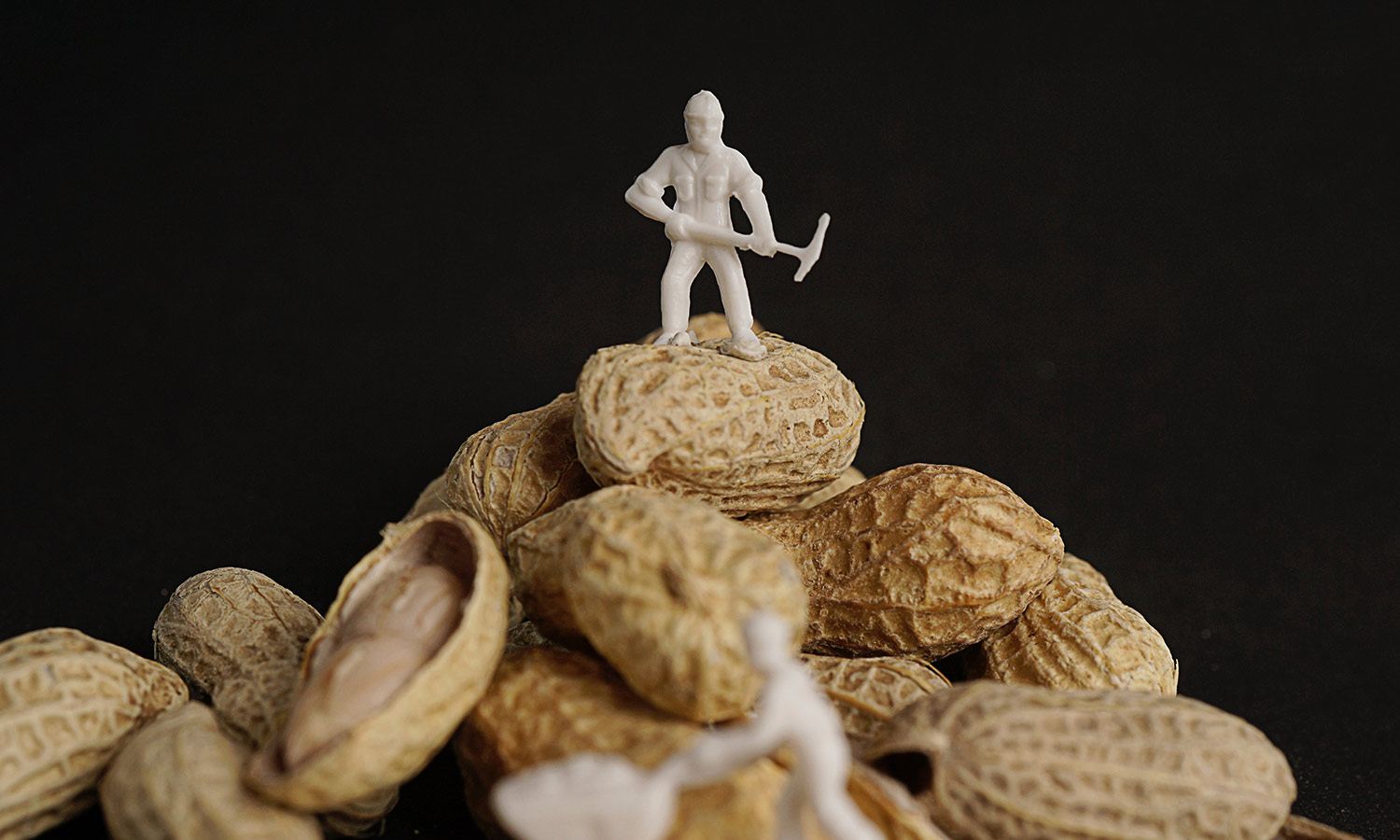
About Attorney Jesse Haskins
Integrity and reputation mean a lot to Jesse Haskins. So much so, he dedicates his legal practice to preserving them – and seeking the truth.
A few weeks ago, I published an article in an American Bar Association newsletter focused on agricultural management law: Agricultural Management Case Update (Second Quarter, 2020). While my American Bar Association article covers a range of case developments throughout the first quarter of 2020, in this post, I will focus on a preliminary victory for peanut farmers. I will cover more case developments from my article next week.
In D&M Farms v. Birdsong Corporation, No. 2:19-cv-463 (E.D. Va. May 13, 2020), a federal district court ruled in favor of peanut farmers’ price fixing complaint against the major wholesale buyers. Peanut farmers sued defendants Birdsong Corporation and Golden Peanut Company. These companies are the intermediaries in the peanut business. The farmers accused the two businesses of conspiring to artificially deflate the price of raw peanuts sold by growers. The two companies tried to shut down the case by arguing that the low prices could have been a ” response to natural market forces and the subsidy-based incentives created by the 2014 Farm Bill, not the price fixing conspiracy.” The court ruled it did not matter. At least at this early stage, the “effectiveness of the alleged conpsiracy” does not matter. The growers just needed to allege some facts to show that there was a conspiracy to begin with.
The growers made the necessary allegations to proceed on the next stage of litigation. The growers alleged that the companies overstated the amount of peanuts to the National Agricultural Statistics Services, and a result, skewed government statistics in their favor. And the companies made their offers the same day as one another, and took advantage of the growers’ “need to offload their harvested peanuts in the spring of each growing cycle.”
The growers in this case won their first battle against two dominant intermediary buyers in the peanut industry, but this is only the first stage of litigation. Still, this case shows that to get past the first hurdle in an antitrust case about price fixing, growers do not have to show how much money they lost because of greedy intermediaries, or that the intermediaries’ plan to bilk growers worked well. Growers just have to show with sufficient factual detail that there was a conspiracy to deflate prices.
